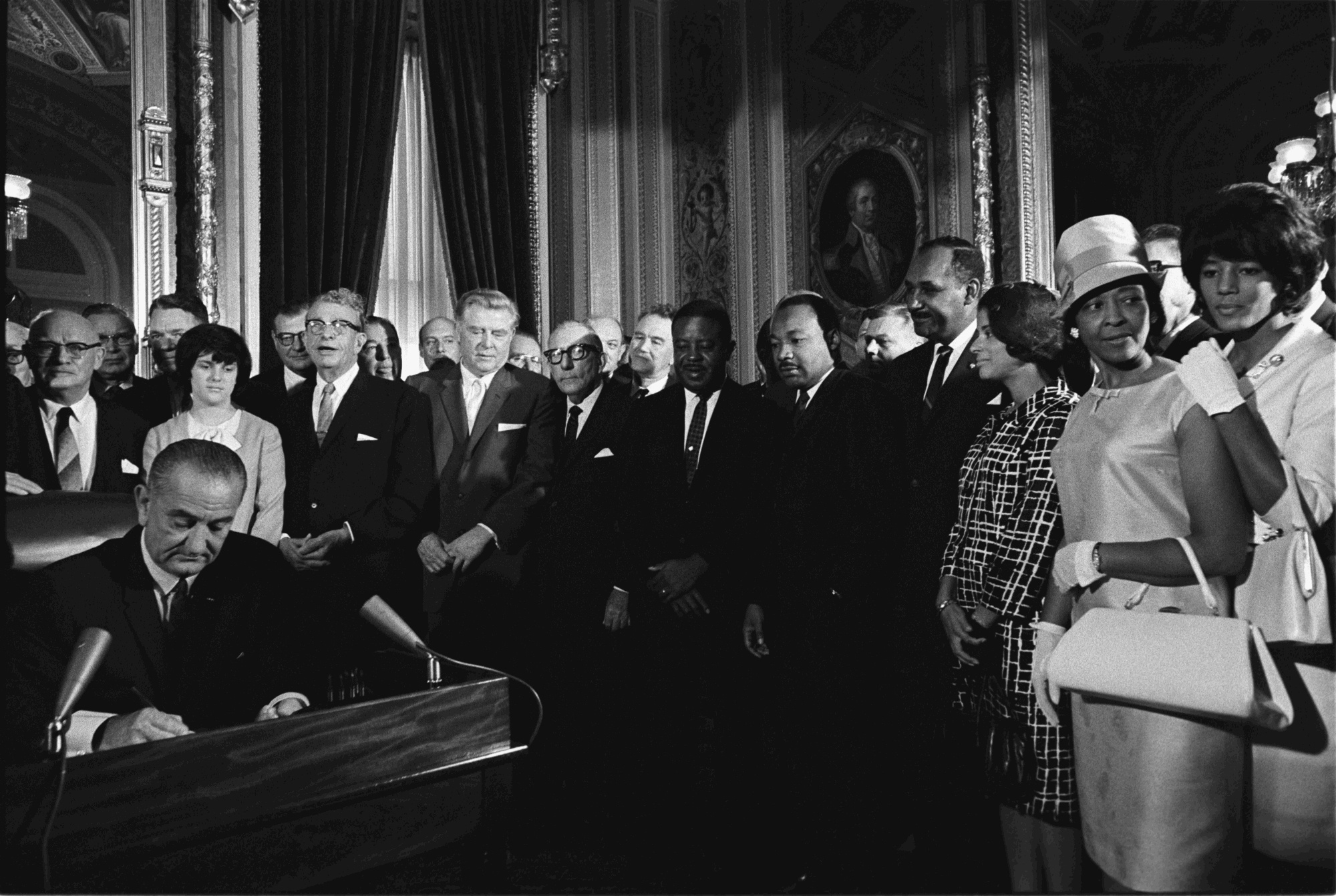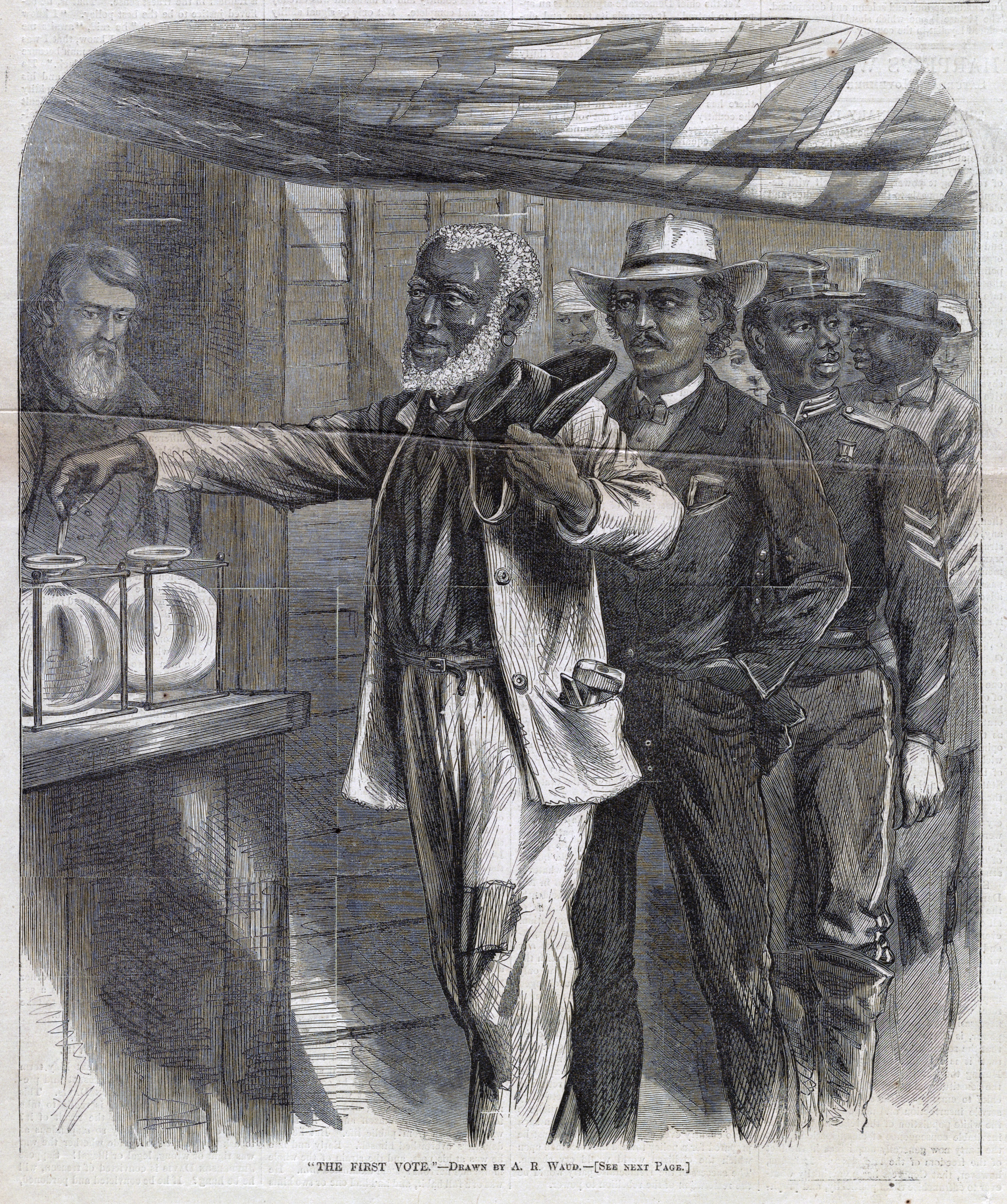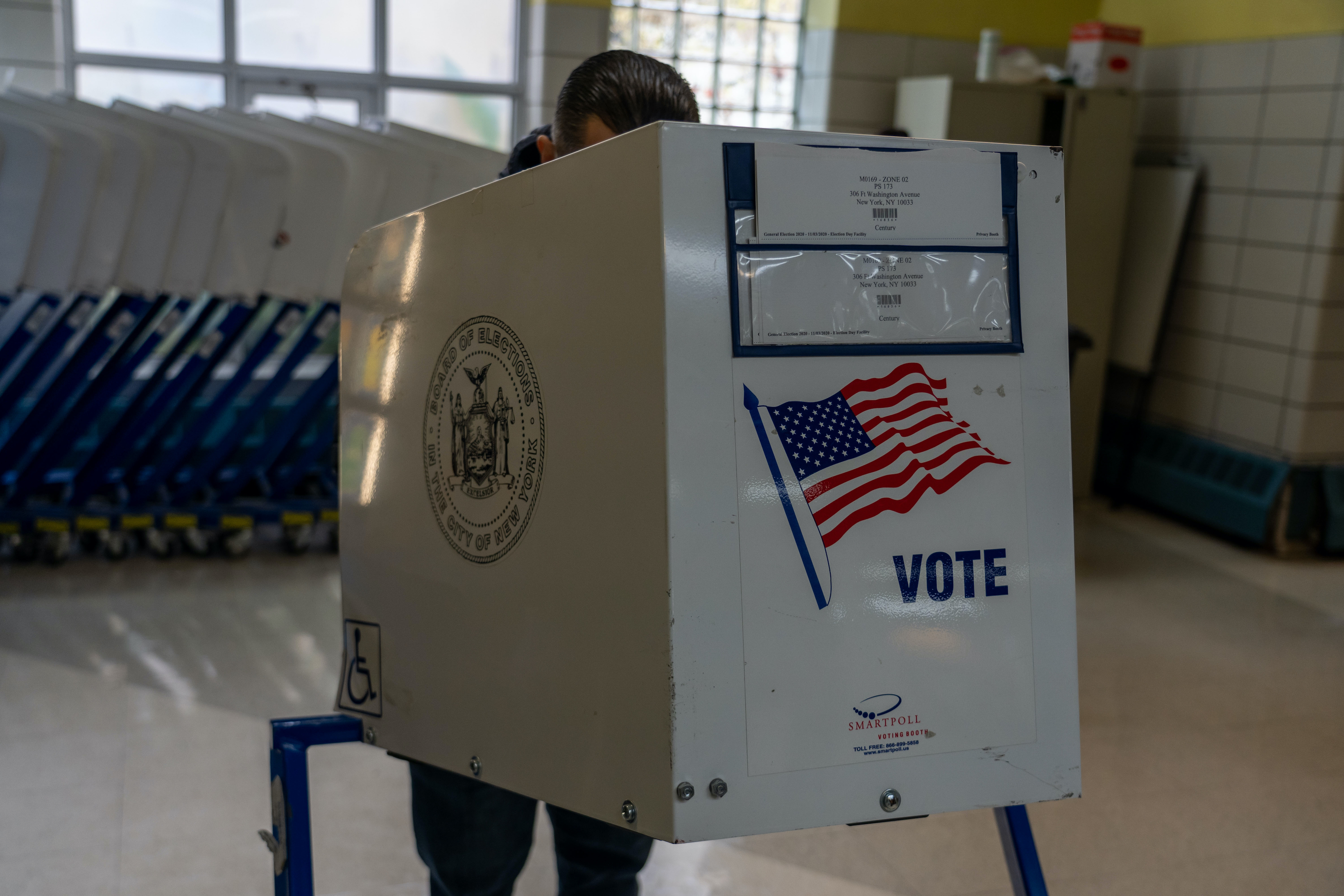The US Constitution, from 1789 to the present, puts control over elections at the state level and all of the mechanics of voting – who can vote, where they can vote and how often. This was the basis on which black people in the American South, the former states of the rebellious Confederacy, were disenfranchised from the 1890s until 1965.
The Voting Rights Act in August 1965, was a historic intervention into that state control. It has a set of specific provisions allowing the federal government to intervene and register voters whenever a certain layer of unregistered people is met. It was applied with enormous force from 1965 onwards, in all of those states from Virginia to Texas, and the consequence was that in 1968, for the first time in 100 years, the majority of African Americans could vote.


